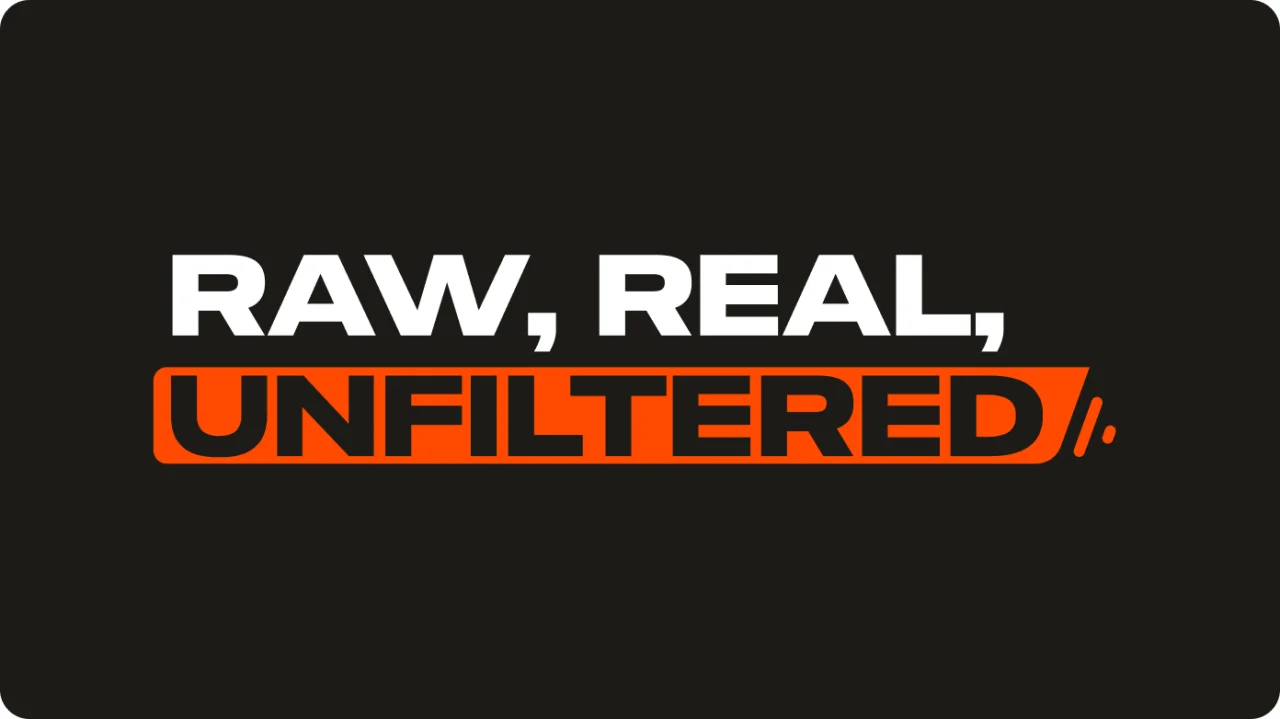Tips for DIY Bookkeeping That Won’t Get You in Trouble
Running your own books is brave. Running them clean is brilliant. Here’s how to stay compliant without burning out:
Use cloud-based accounting software—no Excel sheets from 2015, please.
Automate everything you can—recurring expenses, invoicing, reminders.
Reconcile your books monthly—match transactions to receipts and statements.
Create categories that align with Schedule C—this keeps tax prep simple and avoids confusion.
Log your income consistently—don’t stash checks in a drawer.
Hire a pro for a mid-year check-in—a second set of eyes can save you from a mistake.
When you treat your business like a real company, even if it’s just you, the IRS will too.
Final Thoughts: Audit-Proof Isn’t a Myth, It’s a Mindset
If your business is clean, your records are up to date, and your deductions are accurate, you’re already ahead of the curve. And if the IRS does knock? You’ll be ready to pull up your receipts, smile politely, and move on.
If you need help getting there, Bizee is here to keep your business audit-ready, paperwork-tight, and set up for the long haul. We can help you form your business entity with the paperwork done right, track state compliance requirements so you don’t miss critical deadlines, and connect you to registered agents, employer identification number (EIN) filings, and annual reports without you having to remember the details. That’s a good thing, because the infrastructure makes your business stronger and more defensible if the IRS comes calling.
Disclaimer
Bizee and its affiliates do not provide tax, legal, or accounting advice. This material has been prepared for informational purposes only and is not intended to provide, and should not be relied on for, tax, legal, or accounting advice. You should consult your own tax, legal, and accounting professionals.





